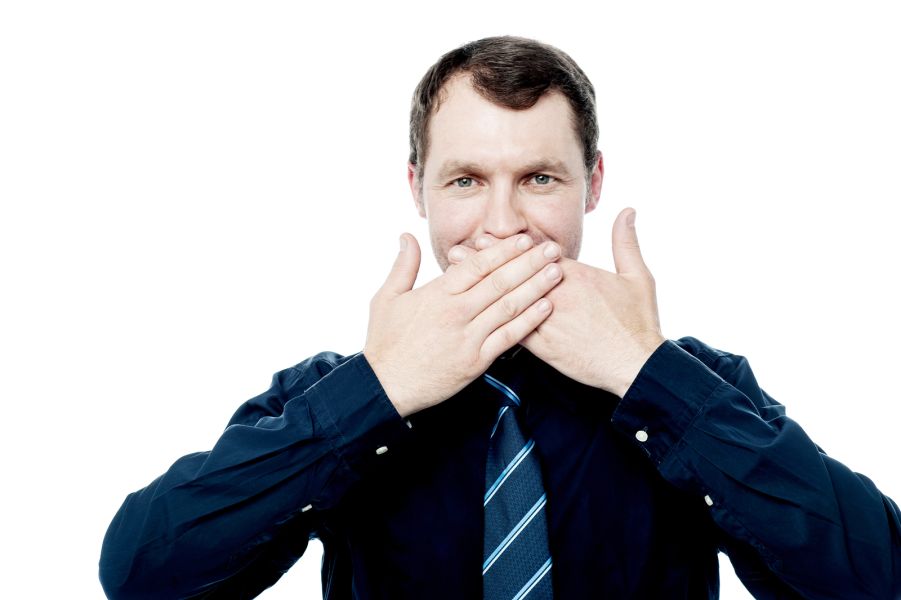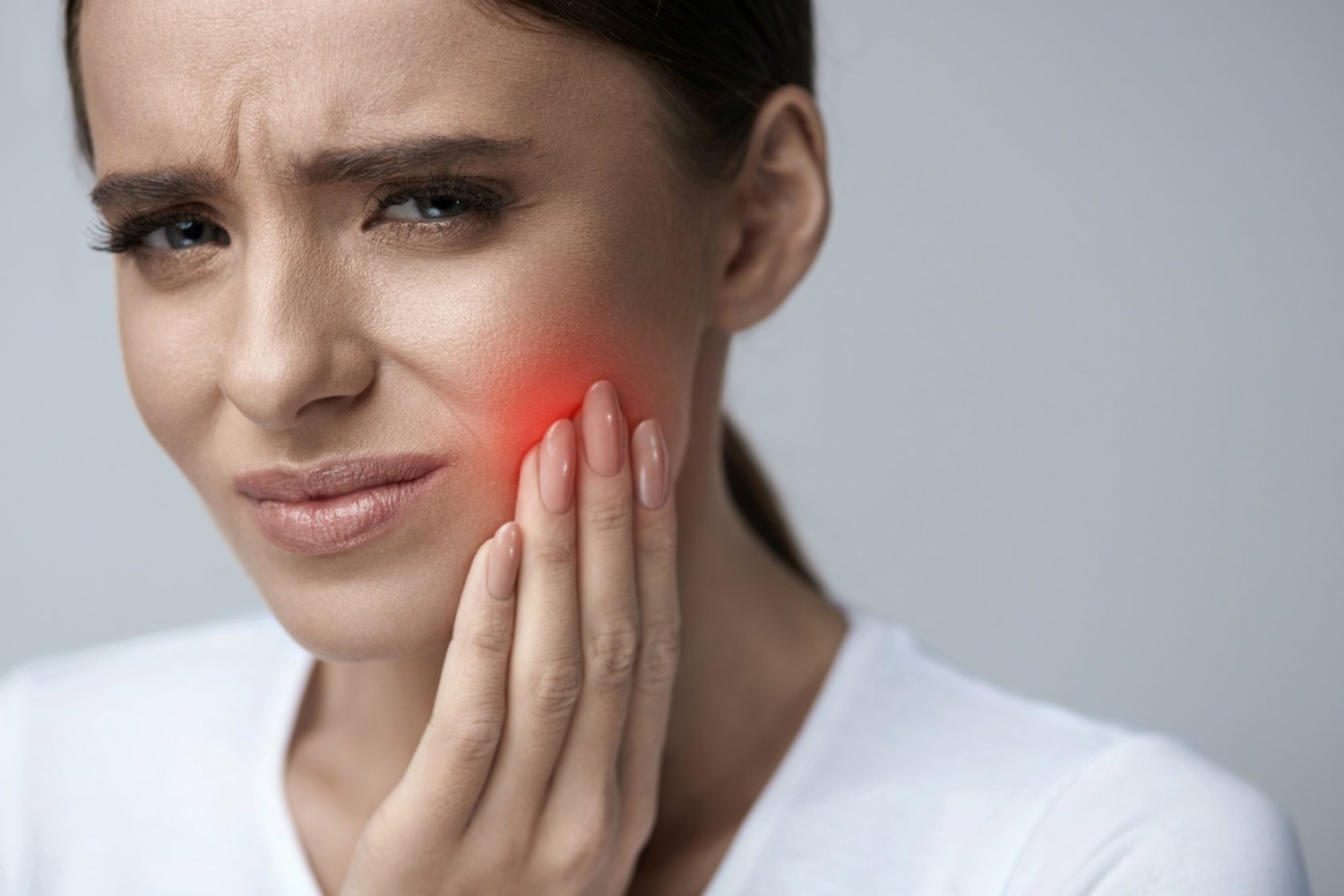Morning stale breath is quite common and disappears after you brush your teeth, but what can you do if bad breath keeps coming back? Halitosis (as dentists call persistent breath odor) indicates problems with hygiene and indicates the development of various diseases. Let’s take a closer look at the causes and ways to combat this problem.
The most common causes of bad breath
The freshness of breath depends on many factors. However, the root cause of bad breath is irregular hygiene (or lack thereof).
If you do not pay special attention to brushing your teeth, then over time, plaque mineralizes, hard deposits are formed, which not only lead to the development of tooth decay and inflammation of the gums, but also become a source of bad breath.
It is necessary not only to brush your teeth twice a day, but also to undergo regular professional oral hygiene, because you will remove only part of the plaque yourself, and the tartar will remain in place.
With insufficient salivation, the oral mucosa quickly dries out, and microbes get a favorable environment for development. This is quite easy to cope with: drink at least 2 liters of water a day, and the process of saliva secretion will normalize.
Unfresh breath can be a kind of signal that your body is not all right. Therefore, if the odor does not disappear even after careful hygiene, you should definitely consult a specialist.

What halitosis indicates:
- Dental diseases
Cavities, pulpitis, inflammation of the gums, difficult eruption of wisdom teeth lead to the appearance of a persistent odor, so keep an eye on the condition of your teeth and visit the dentist for a preventive examination and timely treatment. - Gastrointestinal problems
A putrid odor, which is often smelled not only by others but also by you, indicates problems with your digestive system. Make an appointment with your doctor to get a checkup and identify possible problems - ENT diseases
Inflammation of the nasopharyngeal mucosa, accompanied by the release of pus, leads to the appearance of bad odor. After treatment, your breath will be fresh again.
Removable or fixed dentures can also be a source of bad odor. If you have bad breath after dentures, take more time and attention to hygiene, use a special mouthwash when brushing, and rinse your mouth after every meal. In the case of removable dentures, use special cleaners.
Bad breath can occur not only in adults, but also in children. The causes are no different, but often bad breath in a child’s mouth occurs when inflammation of the mucosa develops and food gets stuck in carious cavities. If you notice that your child has bad breath, it is not unreasonable to visit a dentist.

What else causes bad odor?
Halitosis can be caused by more than just illness or other changes in the body. For example, a pungent odor always accompanies smokers, and it is quite difficult to interrupt it. If you want to eliminate the persistent ambergris, then you need to quit this bad habit.
In addition, a strict diet leads to the appearance of breath odor. Because of the lack of food, your body begins to burn fats, and this is accompanied by the release of ketones – special substances that are the cause of an unpleasant odor.
If you follow all the rules of oral hygiene, you have healthy teeth, but there is an unpleasant odor, we advise you to visit a dentist. The doctor will carefully examine your teeth, diagnose the gums, identify the cause of halitosis and tell you how to get rid of it.
How to eliminate bad breath
- Don’t forget to clean your tongue
A large number of bacteria live on the tongue, as it also gets plaque. Buy a tongue scraper or brush your tongue with a soft-bristled brush. - Use a flosser
after every meal. After a meal, food particles accumulate between your teeth and attract bacteria. Regular flossing helps eliminate bad breath and reduces the likelihood of cavities between teeth - Revise your diet
Reduce the foods that cause a heavy odor and try to eat more berries, apples, oranges, celery, drink green tea. It is these foods that eliminate all unpleasant odors - Use a mouthwash after brushing your teeth
Mouthwash reduces the amount of harmful microorganisms that cause bad odor. Just 30 seconds of rinsing is enough to keep your breath fresh for 3-5 hours - Normalize your water regimen
Your body needs water to function properly. Once your water balance is normalized, saliva production will also improve




